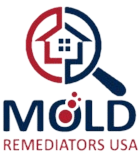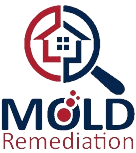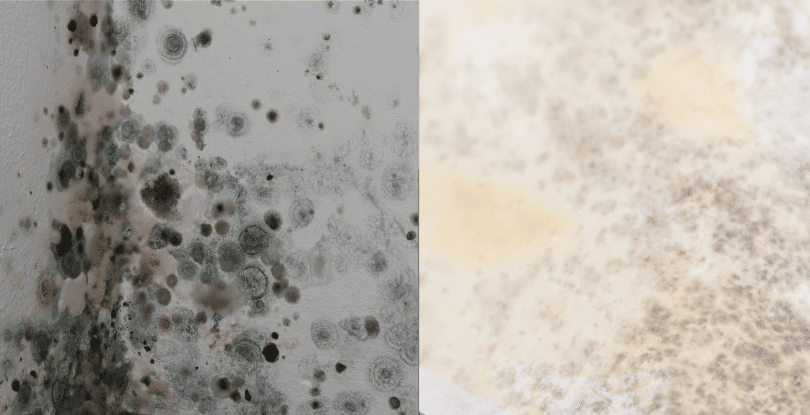Mold Exposure Health Effects
Mold is one of the most common household problems and can result in exposure to serious health hazards for the occupants of the affected homes and buildings. While mold may not appear to be a big problem, the spores and mycotoxins can cause health issues ranging from mild allergies to serious respiratory issues and death. In this article, we will discuss the health problems related to exposure to molds, including respiratory problems, allergies, and other health issues to help readers better understand the health problems that can arise from mold infestation.
Respiratory Issues:
The most common health effect from mold exposure is an effect on the respiratory system. mold spores are tiny and light, allowing them to float in the air and be easily inhaled by people. When a person inhales mold spores, they can irritate the respiratory tract and can make existing respiratory problems worse. Here are some symptoms of the respiratory issues related to mold exposure:
- Asthma: If you have asthma, you may also have mold-induced asthma (MIA). The tiny spores of mold, when inhaled, can cause your airways to contract – leading to wheezing, coughing, tight chest and shortness of breath. The longer you are exposed to mold, the worse your asthma symptoms will become and the more you’ll have to rely on your asthma medications.
- Allergic Rhinitis: Spores also are known to be allergenic, causing respiratory allergies such as allergic rhinitis, including hay fever. Hay fever can cause sneezing, nasal congestion, runny nose, itching and postnasal drip, which can affect one’s quality of life and become debilitating for people who have allergies to molds.
- Sinus Infections: Mold exposure can also increase the risk of sinus infections. This is more likely in people who have immune system problems or pre-existing sinus conditions. mold spores can trigger inflammation and congestion in the sinuses and nasal passageways that can increase the risk for sinus infections.
- More Serious: Severe respiratory infections such as bronchitis or pneumonia. mold colonizes the respiratory tract and lungs and causes inflammation and infection. People with immunocompromise, chronic respiratory disease, or pre-existing lung disease are more susceptible.
Allergies:
Mold allergies are also fairly common consequences to mold exposure. Although mold spores are quite small, some can contain allergenic proteins that can trigger an allergic reaction in those who are sensitive. mold allergies can manifest in the form of a variety of symptom, such as:
- Skin Rash: Some people may get a rash or hives after being exposed to mold spores or moldy materials. They may also have a skin rash or irritation/itching of the skin that has touched mold.
- Eye irritation: Mold spores will also irritate the eyes. Symptoms can include redness, itching, watering and swelling. People with mold allergies will tend to have more persistent eye irritation when exposed to moldy environments.
- Sneezing and Nasal Congestion: Mold allergy can cause sneezing, nasal congestion and runny nose, akin to allergic rhinitis. It can be worse when one is exposed to a moldy environment or is exposed to mold-contaminated materials.
- Coughing and wheezing: People who are allergic to molds will cough and wheeze when exposed to airborne spores. For people who have allergies or asthma, symptoms will be aggravated.
Other Health Problems:
Beyond respiratory problems and allergies, mold exposure has been linked to nearly every imaginable illness, including:
- Headaches: Some people complain of headaches or even migraines with mold exposure. mold exposure could cause vascular changes, inflammation and neurotransmitter changes that could potentially be a cause of the headaches.
- Fatigue and Illness: After a significant time of exposure to mold, some develop fatigue, malaise, and general feelings of illness. Fatigue might relate to an immune response, inflammatory processes, and/or sleep disturbances.
- Neurological Symptoms: Occasionally, an exposure to mold has been linked to neurological symptoms such as dizziness, confusion, memory problems and problems with concentration. These symptoms could be a result of neurotoxic effects of mycotoxins, which are toxic substances produced by molds.
- Immune System Suppression: Your immune system might be suppressed due to mold exposure resulting in susceptibility to infections and illnesses. Over time, longer exposure to mold further weakens your immune system and you become prone to viral, bacterial and fungal infections.




